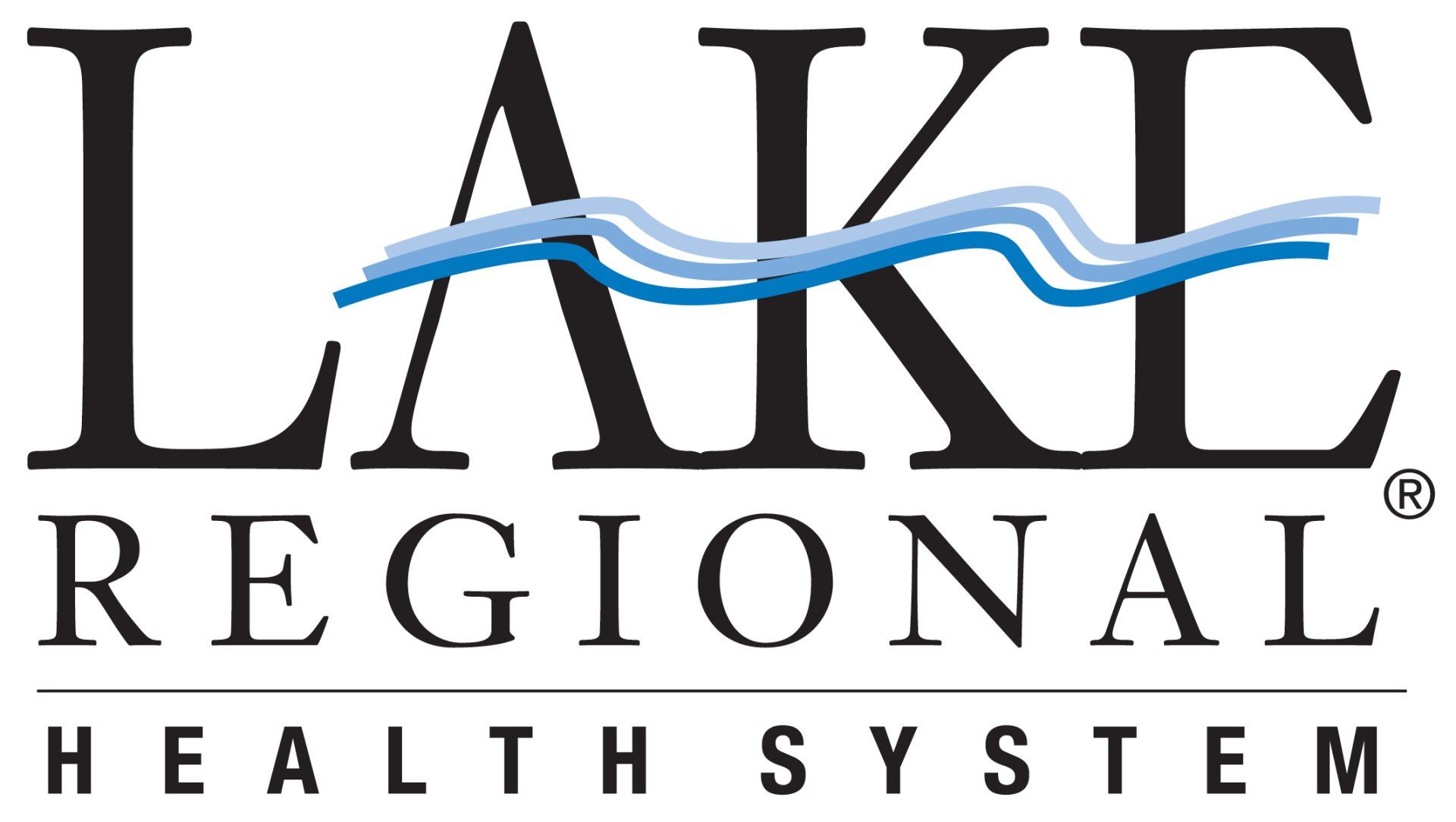Patient Guide
Key Information for Your Stay

Rights & Responsibilities
Rights & Responsibilities

You Have the Right to the Best Care
Patient Rights
Lake Regional respects the right to treatment and care of all our patients and their families. You or your designated proxy has the right to:
Decision Making
- Be informed of your rights before patient care is given or discontinued, whenever possible.
- Have your physicians and people you choose notified of your admission.
- Receive complete and current information in a way you can understand regarding your health status, including diagnosis, treatment, risks and benefits of treatment, serious side effects, alternatives to treatment and consequences of not receiving treatment.
- Participate in care planning, treatment and discharge arrangements, and costs.
- Give, withhold or rescind informed consent regarding care and treatment.
- Participate in managing your pain effectively.
- Request a specific treatment.
- Have a family member, friend or other individual present during the course of your stay, and to be informed if a restriction or limitation is in place for your health or safety.
- Refuse or discontinue a treatment to the extent permitted by law.
- Have information about the outcomes of care, treatment and services that have been provided, including unanticipated outcomes.
- Request a second opinion.
- Request that an in-network health care provider provide services, if available.
- Create an advance directive, which includes your wishes relating to end-of-life decisions, and be informed if these cannot be honored.
- Donate organs.
- Be protected and have your rights respected during research, investigation and clinical trials involving human subjects.
- Consent to records or films made for purposes other than patient care.
- Receive care and/or referral according to the urgency of your situation. When medically stable, you may be transferred to another facility after the need has been explained.
Quality of Care
- Respectful treatment which recognizes and maintains your dignity, values, beliefs and preferences.
- Care in a safe setting.
- Be free from mental, physical, sexual and verbal abuse, neglect and exploitation.
- Know who is primarily responsible for your care and receive adequate information about the professional status of person(s) responsible for the delivery of your care, treatment and services.
- Pastoral and other spiritual support services.
- Access to protective and advocacy services.
- Information about continuing health care requirements following discharge.
Confidentiality and Privacy
- Personal privacy, including the right to be interviewed and examined in surroundings designed to ensure reasonable audio and visual privacy.
- Have personal information shared only with those who are involved in your health care.
- Confidentiality of your Protected Health Information and access to disclosures of your information.
Access to Medical Records
- Review and get a copy of your medical records at any time. (Behavioral health records are an exception.)
- Request an amendment to your medical record.
Grievance Process
- Voice a complaint to your health care providers and administrators without fear of reprisal.
- Contact the Patient Advocate at 573-348-8728 to file a complaint/grievance and/or access protective and advocacy services.
- Receive a timely response with the results of your complaint. Unresolved complaints are directed to the Patient Advocate, who responds within seven days. Appeals may be made at any time to the Patient Advocate or to the Joint Commission by mail at: Office of Quality and Patient Safety, The Joint Commission, One Renaissance Blvd., Oakbrook Terrace, IL 60181; or online. Complaints can also be directed to the Missouri Department of Health and Senior Services by telephone at 800-392-0210 or online.
- Request an ethics consultation if there are questions of value judgments or moral conduct.
- File grievances involving discrimination on the basis of disability or retaliation under Section 1557 of the Affordable Care Act (ACA) 2010. You may file a grievance by contacting the Patient Advocate or by contacting the U.S. Department of Health & Human Services online; by mail at U.S. Department of Health and Human Services, 200 Independence Ave. SW, Room 509F, HHH Bldg., Washington, D.C. 20201; or by email at OCRComplaint@hhs.gov.
Accommodations
- Interpreters and/or communication tools to assist language needs tailored to age, languages and understanding.
- Obtain information about the existence and location of services, activities and facilities that are accessible to and usable by all interested parties.
- Request reasonable accommodations.
Seclusion and Restraints
- Be free of any sort of restraint unless medically necessary.
- Be free from seclusion or restraint for behavioral management unless there is a need to protect your physical safety or the safety of others.
Billing
- An itemization of your bill and charges within seven days of your request.
Psychotherapy
- If seen by a psychologist, counselor or Licensed Clinical Social Worker (LCSW) at LRH, receive information about that person’s credentials, methods, duration of the therapy and fee structure. You may seek a second opinion or terminate therapy at any time. Information you may provide in counseling is confidential, and exceptions that arise during the therapy will be discussed with you. Sexual intimacy within a professional relationship is never appropriate and should be reported to the State Grievance Board at pr.mo.gov/file-a-complaint.asp.
Patient Responsibilities
You and your representative(s) have the responsibility to:
Provide Information
- Provide accurate and complete information about present complaints, past illnesses, hospitalizations, medications and other health-related matters.
- Report perceived risks in your care and unexpected changes in your condition.
- Understand your treatment plan and ask questions when needed.
- Provide accurate and updated information for insurance and billing.
Involvement
- Actively participate in your treatment by following your recommended treatment plan.
- Express any concerns about your ability to follow the treatment plan.
- Accept consequences of outcomes if you do not follow the treatment plan.
- Speak up about concerns you may have about the quality of your care and treatment.
Respect and Consideration
- Act in a respectful and considerate manner toward health care providers, other patients and visitors. Physical or verbal threats are not tolerated.
- Follow the hospital’s rules and regulations.
- Respect the property of others.
- Be mindful of noise levels.
Insurance and Billing
- Know the extent of your insurance coverage.
- Know your insurance requirements such as preauthorization, deductibles and co-payments.
- Call the hospital’s billing office with questions or concerns.
- Fulfill your financial obligations as promptly as possible.
Concerns
If you have concerns about the care you or your loved one is receiving, please speak with your doctor or nursing supervisor. If you feel that your issue isn’t resolved, contact the Patient Advocate at 573-348-8728.
If you have concerns about the care you or your loved one is receiving, please speak with your doctor or nursing supervisor. If you feel that your issue isn’t resolved, contact the Patient Advocate at 573-348-8728.
The AudioEye Trusted Certification represents a commitment to accessibility and digital inclusion.
© 2025
Patient Guide Solutions, LLC
All Rights Reserved